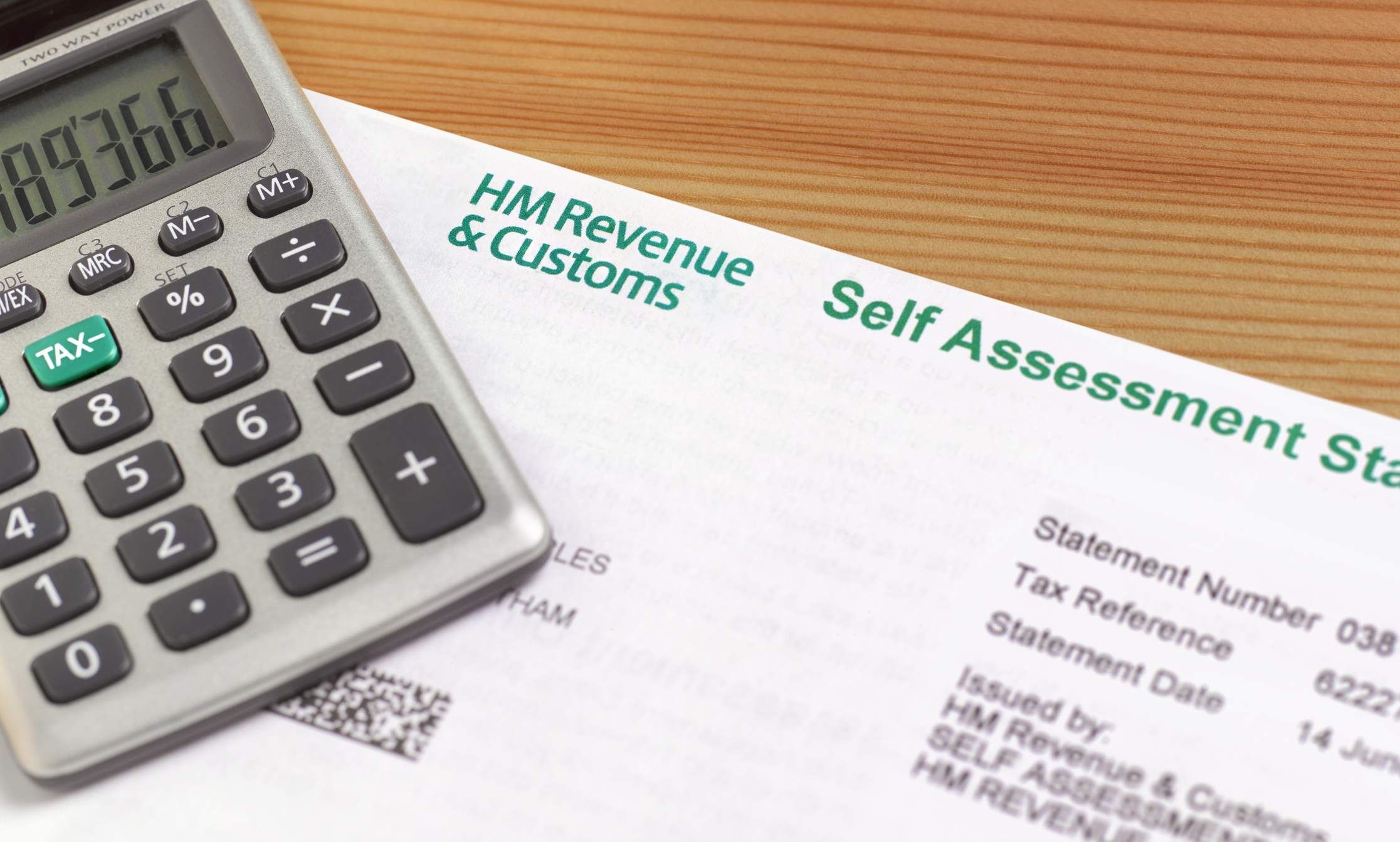What is National Insurance and how is it calculated?
Understanding what National Insurance is, how much you have to pay and why, has never been more important


Parenting advice, hot topics, best buys and family finance tips delivered straight to your inbox.
You are now subscribed
Your newsletter sign-up was successful
Most of us pay it each month without much thought on the specifics, but what is National Insurance, how is it calculated and why do we have to pay it? There has been a lot of change around National Insurance in this current tax year, so it's crucial you understand what National Insurance is and how the multiple changes affect how much you have to pay.
Back in April 2022, National Insurance went up by 1.25 percentage points in order to provide additional funding for the NHS and for health and social care in England. Then, in July 2022, the threshold at which you start paying National Insurance was increased, which effectively cancelled out, or reduced the impact of, April’s rise for millions of people.
It has now been confirmed that April's National Insurance increase will be reversed to help families cope with the rising cost of living and to help grow the economy.
Sarah Pennells, consumer finance specialist with life and pension company Royal London, said: “National Insurance is a tax that was introduced more than 100 years ago to provide a safety net for people who couldn’t work due to illness or unemployment
“You don’t pay it, if you’re on very low earnings, but otherwise you pay it if you’re an employee or self-employed.”
What is National Insurance in simple terms?
National insurance is a tax you pay on money you earn through paid work - not from anything you earn in the way of interest or profits on savings or investments. You pay NI, both as an employee, or if you’re self-employed, once your earnings go over certain minimum levels. If you’re sixteen or over, you must pay national insurance if you’re an employee who earns over £242 a week, (£12,570 a year), or are self-employed and turn a profit, (after expenses), of £6,725 or more a year.
Before you can start paying NI, you’ll need a National Insurance number. This is your own unique number, with a combination of letters and numbers, which is sent to you by the Department for Work and Pensions. You get one for life, and it makes for an easy way for HMRC to track your tax and NI payments over the years, along with any benefits and state pension entitlement.
Parenting advice, hot topics, best buys and family finance tips delivered straight to your inbox.
How is National Insurance calculated?
National Insurance is calculated as a percentage of what you earn. The rate of NI you pay, and the level at which payments start, will depend on whether you’re employed or work for yourself, as well as how much you earn or make in profits.
The government has set out four different ‘classes’ of payments:
Class 1 - you pay this if you're employed
If you earn less than £242 a week, (or less than £12,570 a year in the current tax year, which runs from 6 April 2022 to 5 April 2023), you won’t pay NI. This is because the threshold at which a person starts paying National Insurance was increased to £12,570 in July 2022. You won’t pay income tax either until you earn more than £12,570 a year. This £12,570 is called your ‘personal allowance’.
Once you earn more than the personal allowance limit, you will start to pay National Insurance, but how much you pay will depend on how much you earn.
If you earn between £242 to £967 a week (or £1,048 to £4,189 a month), you will pay National Insurance at a rate of 13.25% (this is up 1.25 percentage points from the 12% you would have paid in the previous tax year). For anything you earn over £4,189 per month, you will pay a rate of 3.25% (up 1.25 percentage points from 2% in the previous tax year).
So, for example, if you earn £1,500 per month, you will pay 13.25% of £1,500 in National Insurance. This works out as £198.75 per month.
But from 6 November 2022, rates will revert to what they were before the increase came into effect in April 2022. So if you have been paying 13.25% National Insurance, this will reduce to 12%. If you have been paying 3.25%, this will revert to 2%.
Class 2 - paid by anyone who is self-employed with profits of £9,880 a year or less
If you’re self-employed, you’ll pay Class 2 and Class 4 National Insurance, depending on your profits.
If you have profits of less than £6,725 per year, you won’t have to pay any National Insurance.
For any profits between £6,725-£9,880 you’ll pay Class 2 National Insurance, which is currently £3.15 a week. For any profits you have over £9,880, Class 4 kicks in, which we explain below.
Class 3 - paid for voluntary contributions
These are additional payments you can make on a voluntary basis to ‘top up’ any gaps in your National Insurance record. Gaps can occur if, for example, you don’t pay NI because you’re on a low income. Making up any ‘missing’ payments can mean you’ll then qualify for the full state pension, as you need 35 years’ worth of payments to be eligible for this.
Class 4 - paid by anyone who is self-employed with profits of more than £9,880 a year
You’ll pay 10.25% National Insurance on profits between £9,880 and £50,270 and above that you’ll pay a lower rate of 3.25%.
According to the Treasury, from 6 November company directors and those who are self employed will pay a blended rate of National Insurance, which takes into account the changes in rates throughout the year, when they submit their annual self-assessment.
What does National Insurance pay for?
NI contributions go towards funding a whole raft of payments and benefits. These include the State Pension along with benefits including Jobseeker’s Allowance, Maternity Allowance, Employment and Support Allowance and the Bereavement Support Payment. NI payments currently raise over £142 billion pounds a year for the Government, according to consumer research company Statista.
In some cases, such as ‘contribution based’ Jobseeker’s Allowance, the amount you can get, (if you’re eligible to claim), can depend on the amount of national insurance you’ve paid.
Senior personal finance analyst from Hargreaves Lansdown, Sarah Coles, warns: “However, this doesn’t mean your National Insurance payments are actually ringfenced to pay your own pension and benefits.
“It goes into a national insurance fund and is used to pay people who need help today. In the years when it isn’t enough to meet the cost of these benefits, the Treasury makes up the shortfall”.
Do you legally have to pay National Insurance?
Yes, there are no two ways about it - if you earn more than the relevant threshold, you must pay National Insurance. If you’re employed, this will be done automatically through the Pay As You Earn (PAYE) system. This means that both NI and income tax will be taken off your gross salary by your employer, before reaching your bank account.
If you’re self-employed and fill in a self-assessment tax return, then HMRC will work out how much National Insurance and tax you need to pay. As part of the process, they’ll let you know how much you owe, when it’s due and how to pay.
If you’re still working later in life, you won’t have to pay NI if you work beyond state pension age. But you may still be liable for income tax if your earnings and income from other sources top your annual tax-free allowance of £12,570.
